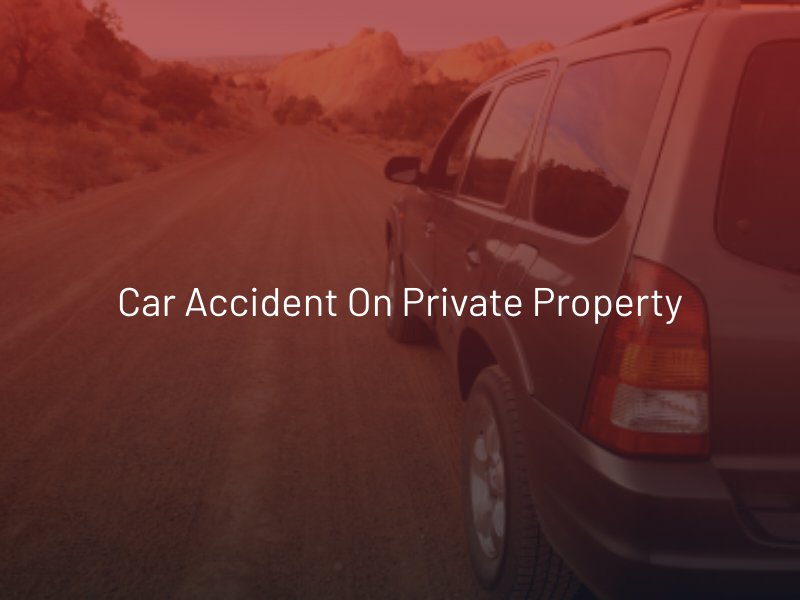Car Accident on Private Property
You may know what to do if you are involved in a car accident on a public road, but what if it happens on private property? Depending on the circumstances of your accident, it may make a difference as to who is liable for the resulting damages.

How Do I Report a Car Accident on Private Property?
Although the accident occurred on private property, such as a parking lot or at an apartment complex, you should still treat it as any other collision and notify the police. However, law enforcement may not get involved in a crash on private property unless there are severe injuries. Seek medical attention and report the accident to your auto insurer as soon as possible. They can advise you on your coverage and options for fixing your vehicle and paying for other related expenses.
If your insurance company or the at-fault driver’s auto insurer hassles you about not having a police report or that they do not cover accidents on private property, speak to a car accident attorney. If there is a threat of a lawsuit, insurance companies feel more obligated to pay on a claim.
Should I Inform the Property Owner?
It is wise to contact the property owner to make them aware of the collision, even if they are not partially or entirely responsible. They may have surveillance footage of the accident, which can be used as evidence. They can also later confirm that you reported the accident, which may be key to establishing fault and recovering compensation.
Who May Be Liable for a Car Accident on Private Property?
Any party that contributed to the car accident can be liable for damages. To establish another party is liable, however, requires proving that they owed you a duty of care, breached that duty by acting negligently, directly causing your injury which caused you losses.
One Driver
One driver may be entirely at fault in a private property accident, for instance, if they rear-ended you or violated the right of way in a parking lot.
Both Drivers
Sometimes both drivers are partially responsible for a collision—for example, a driver backing out of a parking spot when a distracted driver runs into them. Generally, the person backing out is responsible for ensuring it is safe to, but if the other driver was texting when the crash occurred, they could also be at fault.
The Property Owner
In some cases, the property owner may be liable for a car accident on their premises. Some examples are inadequate signage which lets people know who has the right of way, or poorly maintained surfaces with giant potholes.
Under Nevada’s comparative negligence laws, a plaintiff’s (victim’s) compensation is reduced by their percentage of fault. If they are more than 50 percent to blame, they cannot recover any money. For example, if you are awarded $50,000 and found 20% at fault, you will only recover 80% of your award or $40,000. If you are 51% to blame, you are unable to recover compensation.